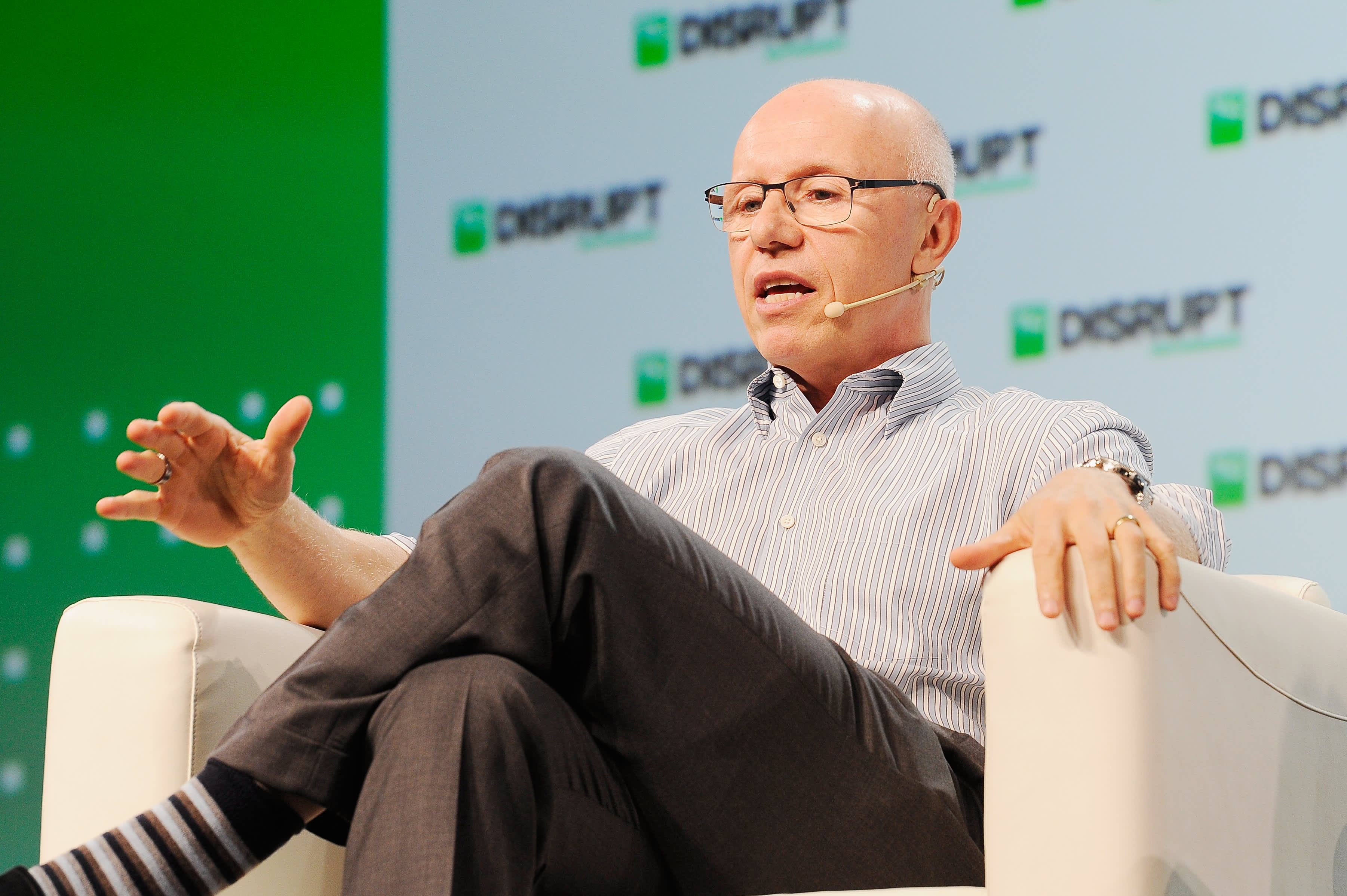Nvidia confirms worldwide acceleration in quantum computing using CUDA-Q
Nvidia has confirmed it will accelerate quantum computing operations in different worldwide locations using the open-source Nvidia CUDA-Q platform. A… Continue reading Nvidia confirms worldwide acceleration in quantum computing using CUDA-Q The post Nvidia confirms worldwide acceleration in quantum...

Nvidia has confirmed it will accelerate quantum computing operations in different worldwide locations using the open-source Nvidia CUDA-Q platform.
A company press release provided all of the details of the expansion with specialist centres in Japan, Germany, and Poland set to use CUDA-Q to boost the development of the the quantum processing units (QPUs) inside Nvidia’s advanced high-performance computer systems.
QPUs are the nerve center of quantum computers, using the actions of electrons or photons to calculate differently (and much faster) than traditional processors.
The US technology multinational also stated nine new supercomputers are utilizing Nvidia Grace Hopper Superchips to propel scientific research and further exploration. The systems are said to have a combined capacity to deliver 200 exaflops, or 200 quintillion calculations for every second of energy-efficient artificial intelligence (AI) processing power.
Quantum computing is a high-performance, lightning-fast supercomputer system, known to excel in a calculation process called combinatorics. These are significant sums which involve finding an arrangement of items to identify and optimize toward the outcome.
The more items, the more potential arrangments but the power of quantum means it can handle an enormous number of calculations (think of breaking passwords).
Combinatorics will play a crucial role in the development of AI and has been described as a bottleneck in its evolution.
Reaction to Nvidia’s quantum computing advances
Germany’s Jülich Supercomputing Centre (JSC) at Forschungszentrum Jülich (FZJ) is installing a QPU built by IQM Quantum Computers to complement its Jupiter supercomputer which will be powered by the Nvidia GH200 Grace Hopper chip.
In Japan, the ABCI-Q supercomputer, based at the National Institute of Advanced Industrial Science and Technology (AIST) is designed to make forward strides in the nation’s quantum computing initiative. It will also be supported by the Nvidia Hopper architecture, while the system will add a QPU from QuEra.
The Supercomputing and Networking Center (PSNC) in Poznan, Poland has recently installed two photonic QPUs, built by ORCA Computing, connected to a new supercomputer partition accelerated by Nvidia Hopper.
Tim Costa, director of quantum and HPC at Nvidia, said “Useful quantum computing will be enabled by the tight integration of quantum with GPU supercomputing.”
He added, “Nvidia’s quantum computing platform equips pioneers such as AIST, JSC and PSNC to push the boundaries of scientific discovery and advance the state of the art in quantum-integrated supercomputing.”
Image credit: Ideogram

 Fransebas
Fransebas 































